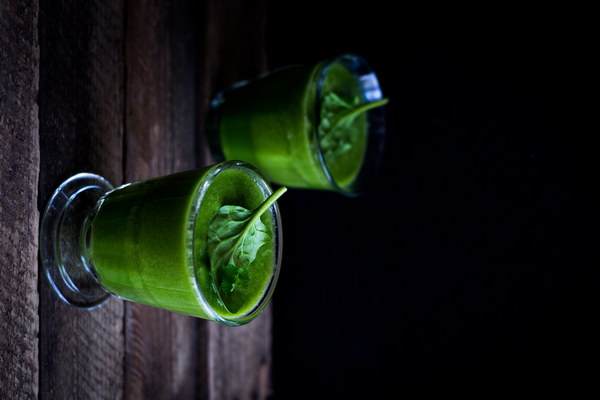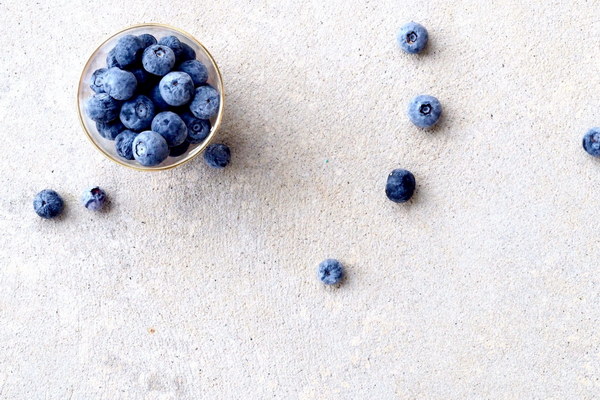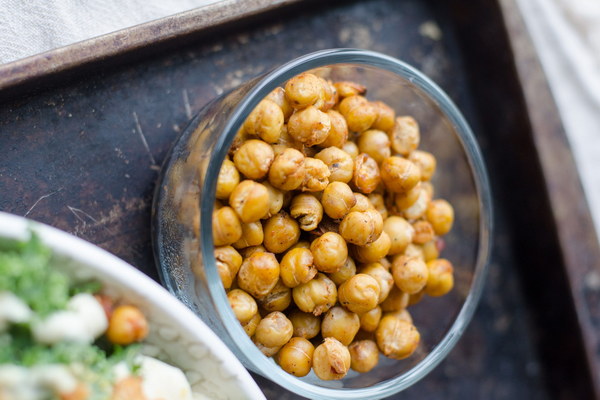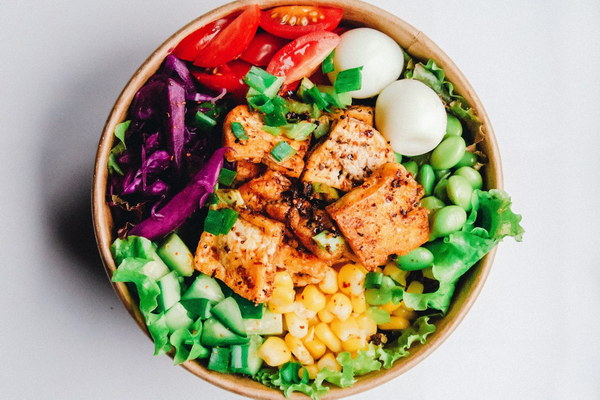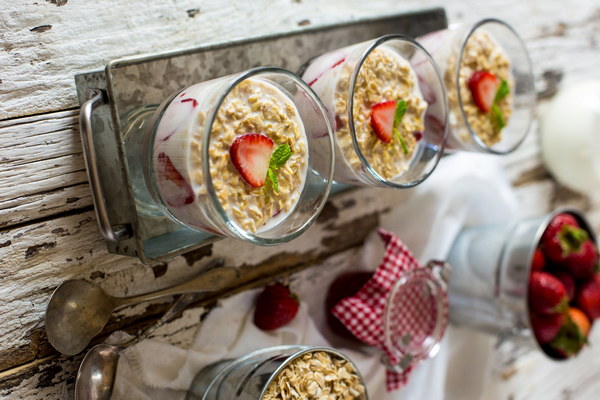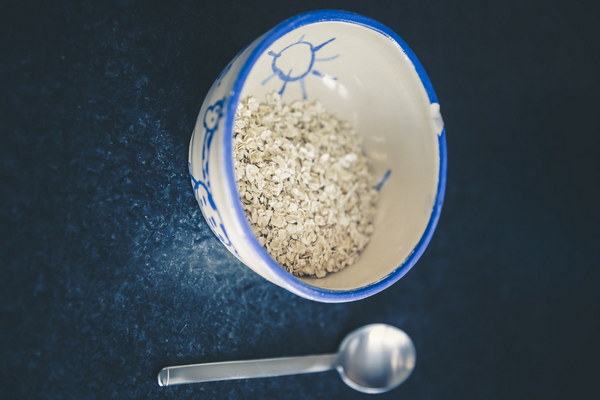Fuel Up Your Fitness Journey The Ultimate Guide to Sports Nutrition
In the world of fitness, the adage you are what you eat takes on a whole new meaning. Nutrition is the cornerstone of any effective workout routine, providing the energy and nutrients needed for peak performance and recovery. This comprehensive guide to sports nutrition will equip you with the knowledge to fuel up your fitness journey, from pre-workout snacks to post-exercise refueling.
Understanding Sports Nutrition
Sports nutrition is the science of optimizing the intake of nutrients to enhance athletic performance, improve recovery, and support overall health. It involves a careful balance of macronutrients (carbs, proteins, and fats), micronutrients (vitamins and minerals), and hydration.
Pre-Workout Nutrition
Starting your workout with the right fuel is crucial. Here’s what to consider:
Carbohydrates: Your body’s primary energy source. Opt for complex carbs like whole grains, fruits, and vegetables to provide sustained energy.
Protein: Helps in muscle repair and recovery. A small amount of protein, around 15-20 grams, can be consumed before a workout to stimulate muscle protein synthesis.
Hydration: Drink water throughout the day and aim to hydrate with about 16-20 ounces of fluid 2-3 hours before your workout.
Example Pre-Workout Meal: A bowl of oatmeal topped with fresh berries and a handful of almonds, or a protein smoothie with banana, spinach, and protein powder.
During Workout Nutrition
For longer or more intense workouts, you may need to supplement your energy during the session:
Carbohydrates: Sports drinks or gels containing simple carbs can provide quick energy without causing stomach discomfort.
Hydration: Stay hydrated by drinking water or sports drinks throughout the workout.
Example During Workout: An energy gel or sports drink every 15-20 minutes for workouts lasting longer than an hour.
Post-Workout Nutrition
Recovery is just as important as the workout itself. Here’s how to refuel post-exercise:
Protein: Within 30 minutes to an hour after your workout, consume a protein-rich meal or snack to aid muscle recovery and growth.
Carbohydrates: Pair your protein with complex carbs to replenish glycogen stores and support recovery.
Example Post-Workout Meal: Grilled chicken breast with quinoa and steamed broccoli, or a turkey and avocado wrap.

Micronutrients and Hydration
Vitamins and Minerals: Essential for overall health and athletic performance. Aim for a balanced diet rich in fruits, vegetables, whole grains, lean proteins, and dairy or dairy alternatives.
Hydration: Water is the most important nutrient for athletes. Monitor your hydration levels by checking the color of your urine; aim for pale yellow.
Common Nutrition Myths Debunked
- Myth: You need to eat a lot of protein to build muscle.
- Fact: While protein is crucial, excess protein can lead to kidney stress. Aim for 1.6-2.2 grams of protein per kilogram of body weight per day.
- Myth: Carbs make you fat.
- Fact: Carbs are your body’s primary energy source. Choosing whole grains and complex carbs can help maintain a healthy weight and performance.
- Myth: Water is all you need to stay hydrated.
- Fact: While water is essential, electrolytes like sodium, potassium, and magnesium play a critical role in hydration and muscle function.
Conclusion
Fueling up your fitness journey with the right sports nutrition can make a significant difference in your performance, recovery, and overall health. Remember, the key is a balanced approach that includes the right mix of macronutrients, micronutrients, and hydration. By understanding your body’s needs and responding with the appropriate nutrition, you’ll be well on your way to achieving your fitness goals.

